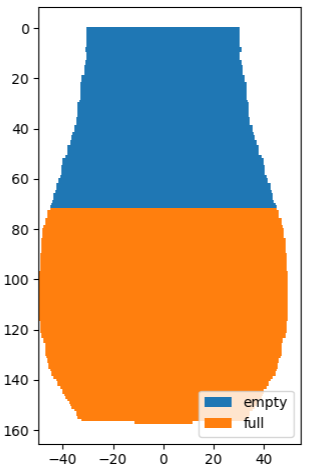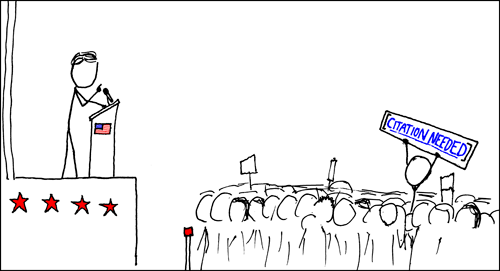

Accounts are already mostly portable (you can easily export all your settings and import into your new account), you just don’t retain posting history.
To retain that… I guess there could be a separate fediverse service that does nothing but allow registering accounts that let you prove that other fediverse accounts all belong to the same person, and then a PR can be made to Lemmy and the other platforms to honor these links when showing posting history. It’d be quite a messy system.








I haven’t, actually, since I normally use an adblocker (and also don’t use that tracker). Looks like they’re all VPN advertisements right now, which is at least a somewhat non-mainstream ad segment.